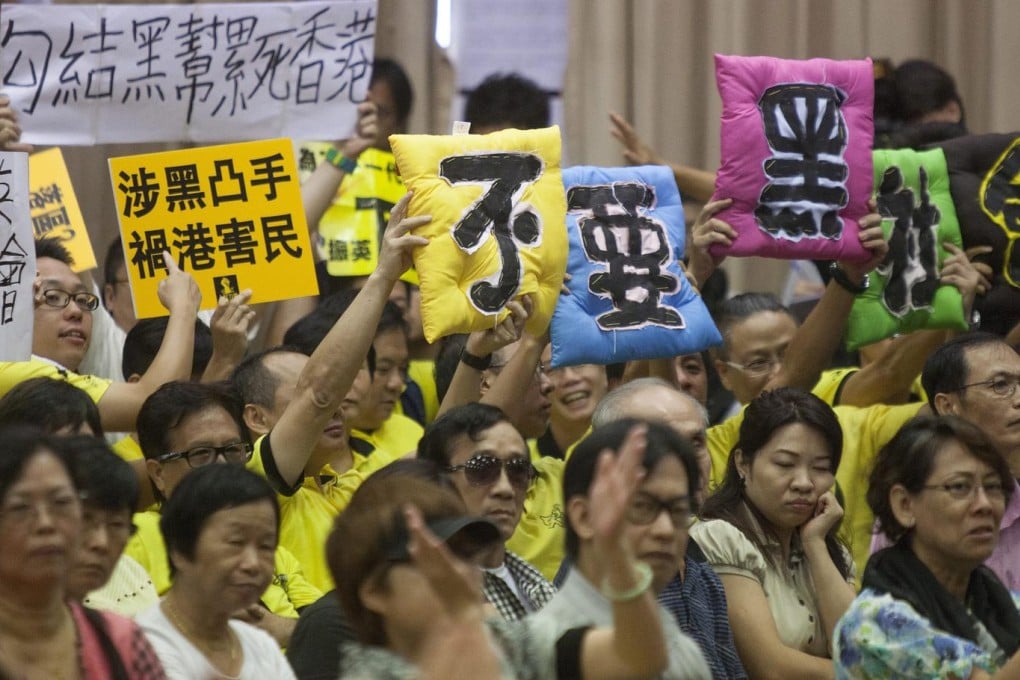Use the tools of democracy or risk losing them
Violence is not in the civic spirit of democratic politics and may imperil universal suffrage

In recent weeks, a number of friends have expressed a deep concern to me: that the city seems to be sliding backwards, becoming a political jungle. They see confrontations spilling over into the streets. They fear violence will soon break out en masse.
These friends are not activists. Most of the time, they take only a casual interest in politics. They care more about whether they can walk the streets safely at night, whether traffic moves smoothly, whether local schools are good enough for their children and, increasingly, whether they can rely on public hospitals as their health refuge of last resort.
But they are people who truly call Hong Kong home. They did not leave the city even in the aftermath of the bloody crackdown in Tiananmen Square in 1989. They pay their taxes on time, toil diligently for their families, and vote quietly for the politicians they feel they should support.
None of them joined the massive march on July 1, 2003, but all felt proud that on that eventful day; not a single window was broken, not a single car was overturned and no one was known to have been hurt by other marchers. They were proud because they thought Hong Kong was unique in being so civilised. They were also proud because our police did not block the protest. Officers performed admirably, facilitating the smooth passage of the hundreds of thousands of demonstrators.
Now they are less sure. They fear the genie might be out of the bottle. They loathe acts of provocation and violence, whatever the cause. Yet they feel helpless to stop a downward spiral.
"It is a Hong Kong that now looks so alien to me," one of them remarked.
He is old enough to have lived through the 1967 riots and shared in the mass mourning over the deaths in Beijing in 1989. But he had never felt so depressed as now, he said.